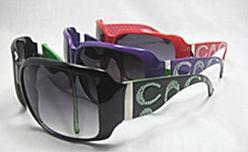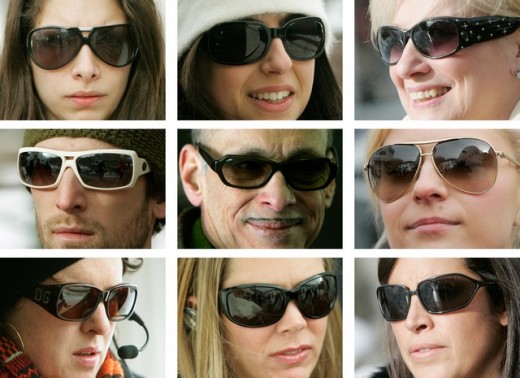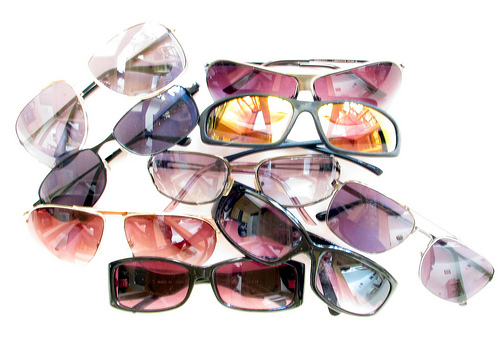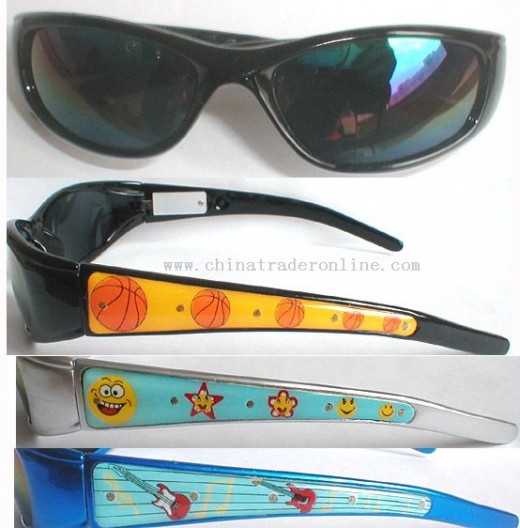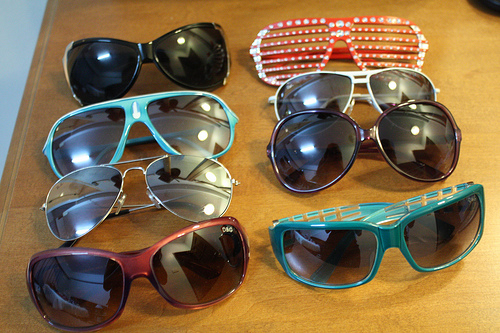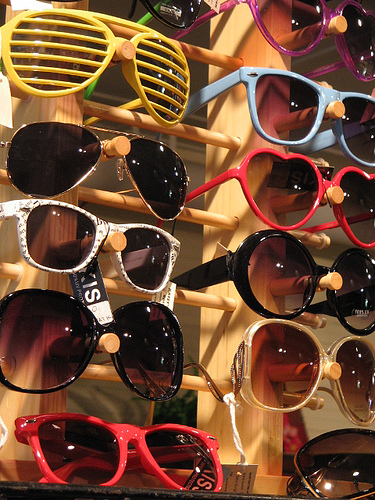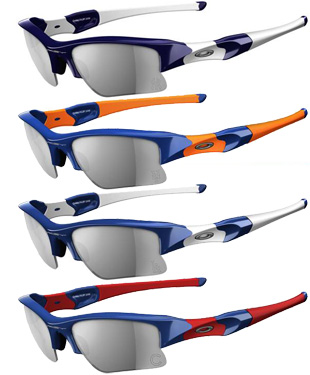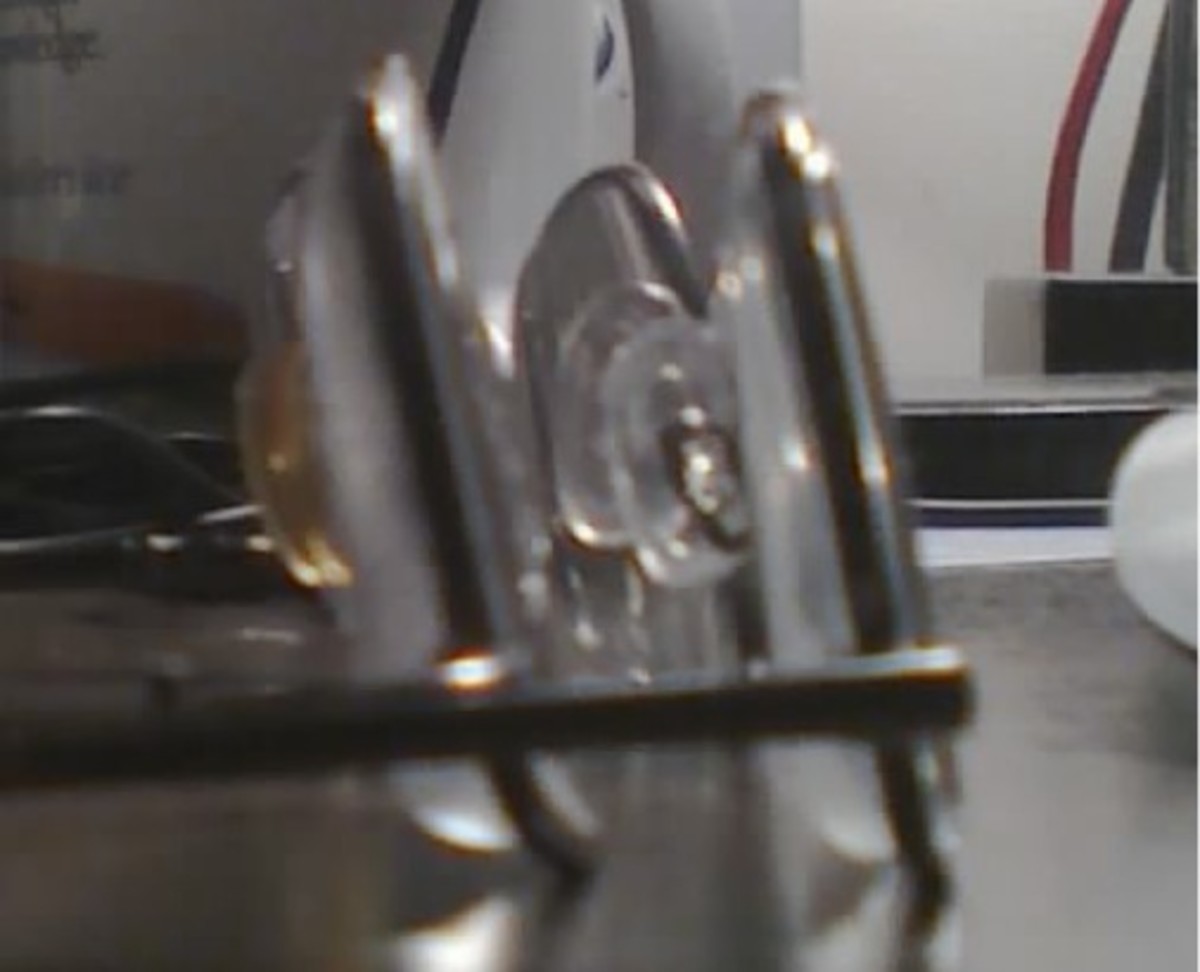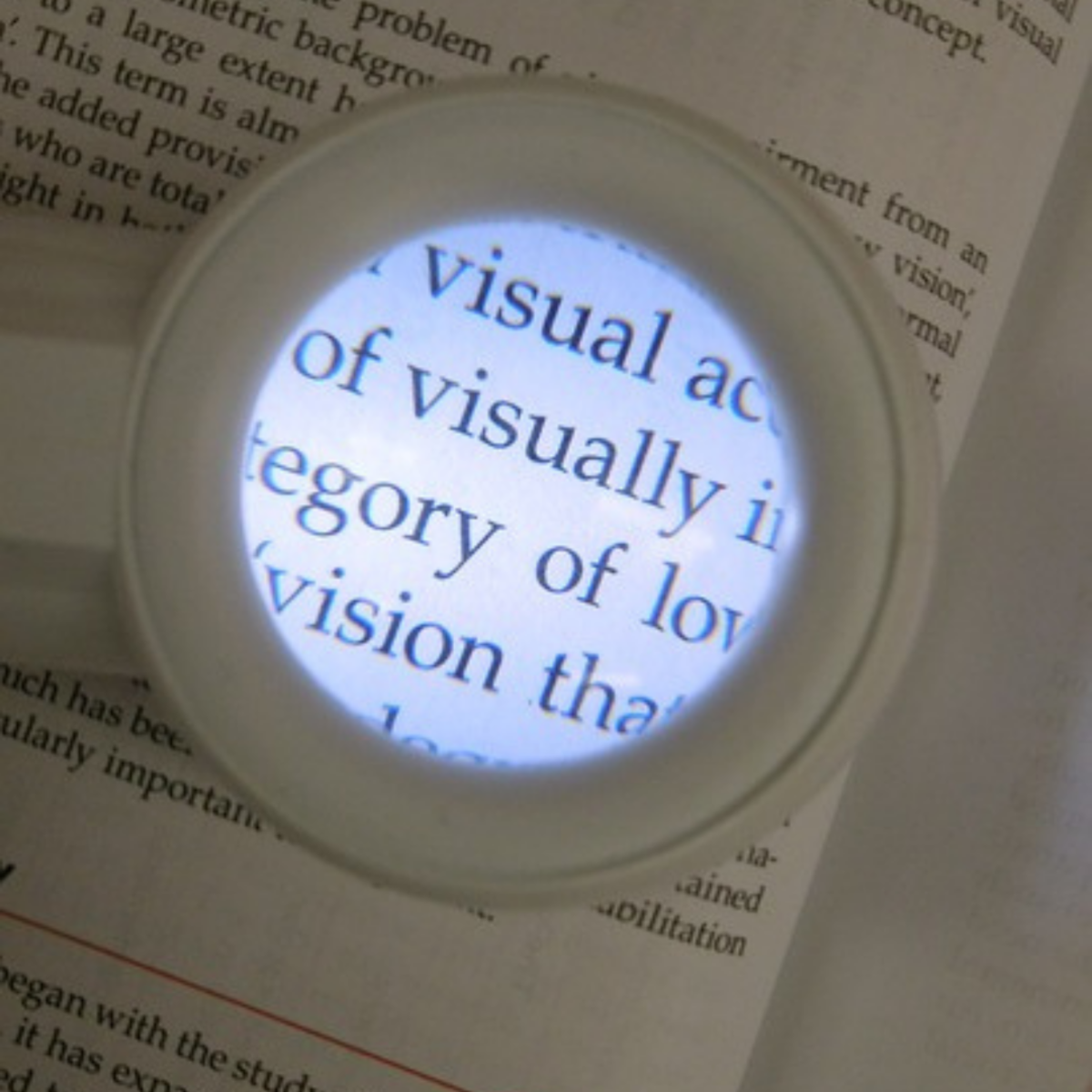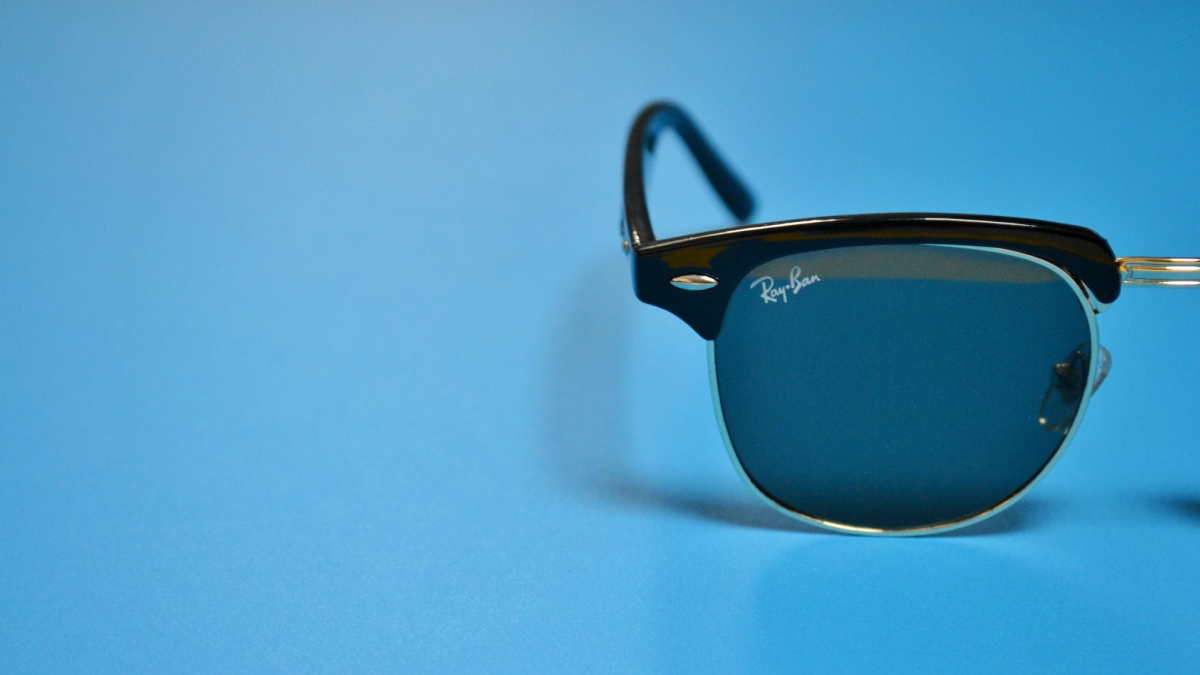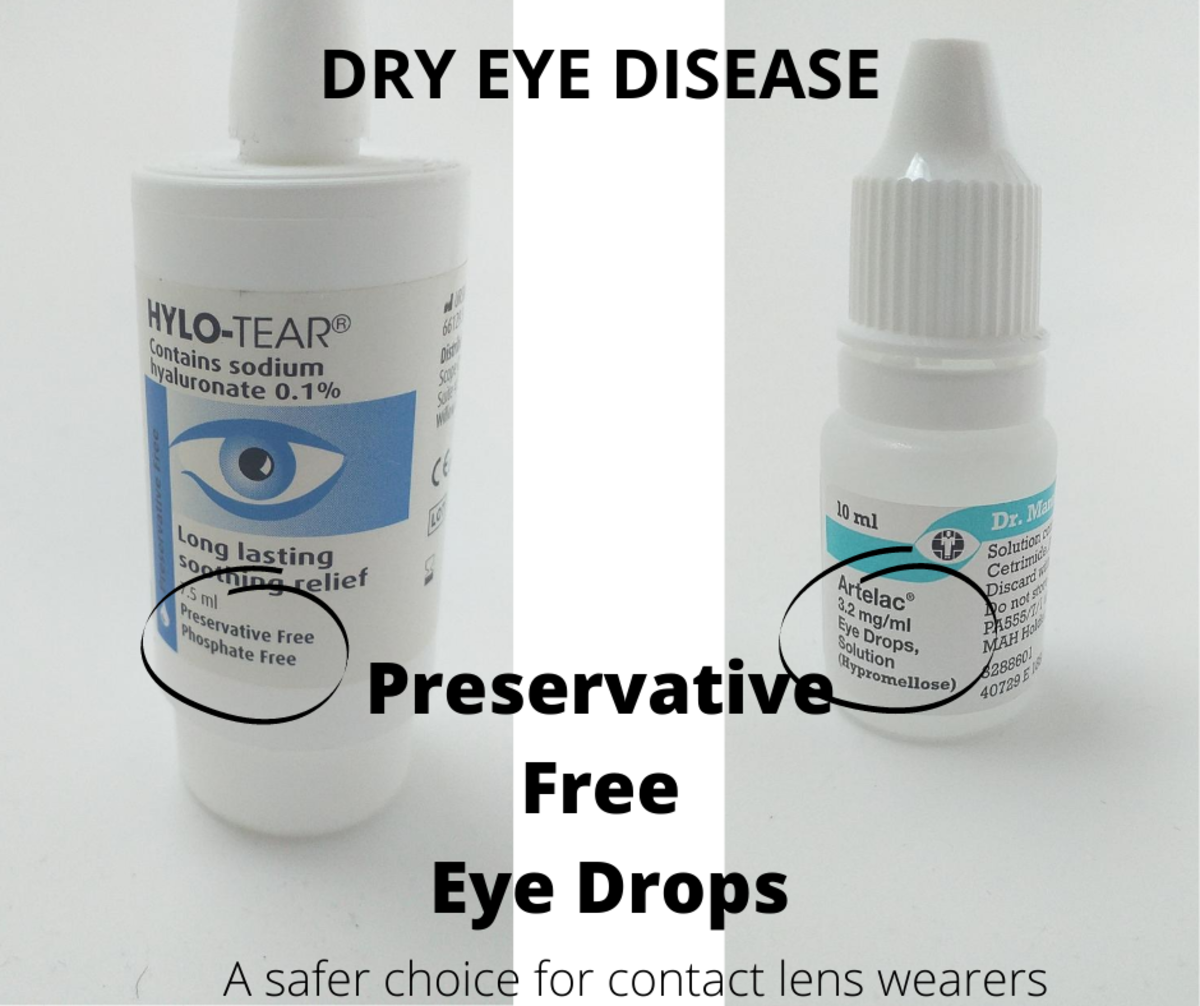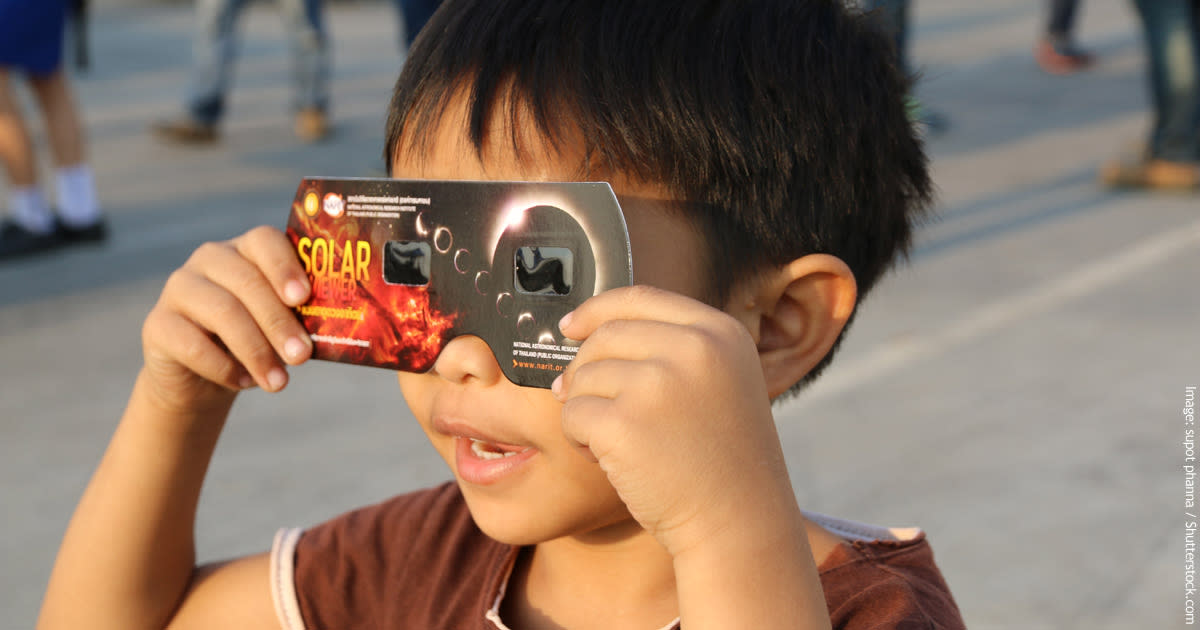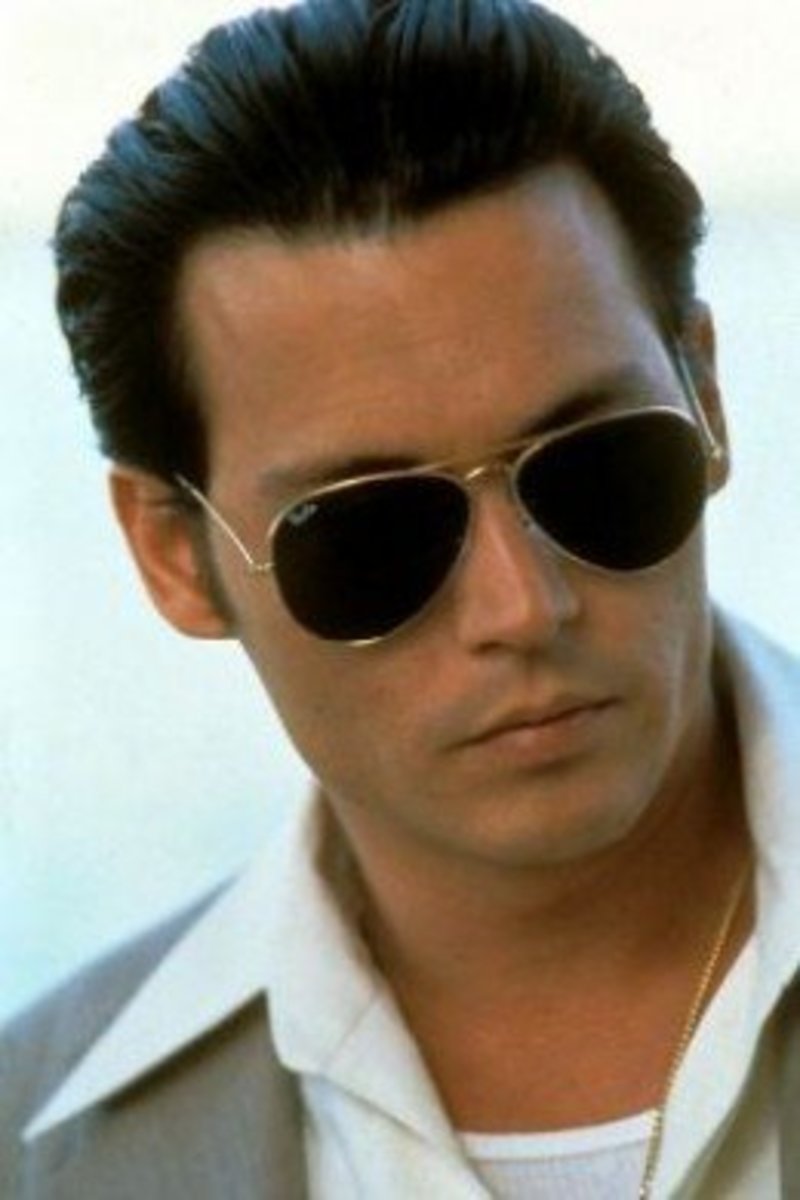Cheap Sunglasses vs. Designer Sunglasses: Which Offers Better Protection?
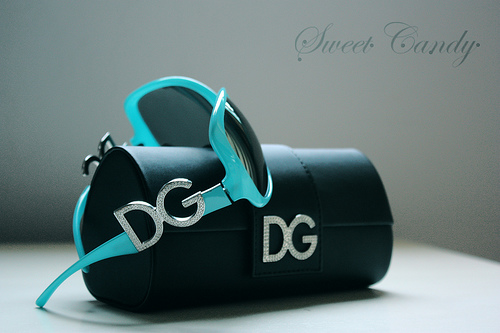
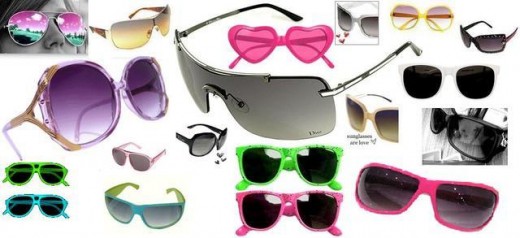
Sunglasses and One-liners from Horatio Caine
See The Light
It is important that everyone wears some kind of eye protection. No matter what age, what the weather is outside, or the time of year. The facts come down to this: Exposing the eyes to too much of the sun's harmful rays can result in severe eye damage. Sunglasses are just as important for protecting the eyes, as the use of a proper sunscreen is to protecting the skin. Over-exposing your eyes to the sun may cause cataracts, vision loss, or even cancer.
I'm sure some of you have many questions, and I will make the attempt to answer many of them. Because as with any consumer item. It is important to know what you are looking for, so you can make an informed choice, and not be ripped-off by paying for unnecessary extras. Right now you may be thinking:
How do you choose the proper eye protection? Are the more expensive sunglasses better than a pair bought from the drugstore? How do I know if my eye are being protected? Should I spend extra when asked if I would like additional UV coating of my new lenses?
Ultraviolet (UV) radiation comes from the sun. UV rays, as you know, can burn your skin. So why would you think that these harmful rays wouldn't burn your corneas, or even the whites of your eyes? Long-term UV exposure can lead to eye diseases like cataracts (clouding of the lens) and even macular degeneration. Sunglasses that block the evil UV rays can help protect your vision. The best news that I can have for you is that you don’t need to spend a small fortune on expesive shades, to do it!
Like many "health products" in the United States, the FDA doesn’t regulate sunglasses. But there are some guidelines set by the American National Standards Institute, that can help you pick the right pair of helpful eye protection. The guidelines state that glasses should block UVB by 99% and UVA radiation by 95%. This is important! The glasses should indicate the level of protection they provide. If the glasses aren’t labeled with a specific UV claim then DON’T BUY THEM! Why? you ask... because it’s impossible to know how much protection the lenses will provide.
Also don’t assume that “special” lenses block UV. Brands advertised on TV like Blue Blockers, some polycarbonate lenses, and polarized lenses may block SOME UV light but without proper coatings these lenses DO NOT meet the UV minimum blockage requirements. Make sure the glasses are clearly labeled with the type of protection the offer.
Most sunglass manufacturers display the protection the sunglasses offer from the sun. Usually, this can be found right on a sticker, that is posted on the lens of the sunglasses. The labeling will usually have the percentage of “UV Protection." Some manufacturers even go so far as to post the level of “UVA” and “UVB” protection on their labels. I would suggest any brand of eye protection that a manufacturer is confident enough to post both UVA and UVB levels of protection. That is what I call having pride in their product.
It is also important is to get sunglasses that will protect against the sun’s rays from getting in from the sides of your eyes. UV light can sneak in through the sides of some sunglasses. If the lenses are too small,the light coming through the sides may cause potential eye damage. So, wrap-around sunglasses, may help defend against that potential problem.
This is important to know as well, UV protectant coating DOES NOT have a color, so don’t be tricked into thinking that darker lenses provde better protection. Also,know that the tint or color of the lens doesn’t matter.








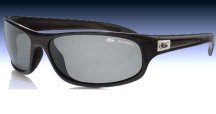
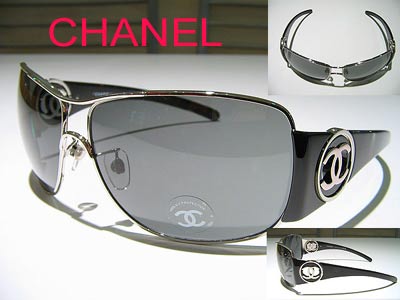
"Sunglasses and Color TV" Ron White
Making That Informed Choice
What To Look For In A Good Pair Of Sunglasses:
Look for the UV labels that manufacturer has posted (remember no label, no buy!)
Some labels will read:
- “Cosmetic” = 70% UV reduction (not very good, but fashionable)
- “General purpose” = 95% UV reduction (pretty good)
- “Special purpose” = 99% UV reduction (now we are talkin')
- “UV-400″ and “UV absorption up to 400nm” = 99% to 100% UV reduction (that's the ticket!)
Just Because They're Expensive Doesn't Make Them Right!
The UV labeling is what you should look for, NOT a high price tag. To quote the Glaucoma Research Institute:
"The good news is that sunglasses don’t have to be expensive to protect your eyes and they can often be found at the local drugstore. Unfortunately, a high price is not always a guarantee of high quality and protection. Part of the difficulty is that standards and labeling regarding UV protection are voluntary, not mandatory-and can be confusing."
Here's The Bottom Line!
Don’t get me wrong folks, I am a sunglasses fanatic. I own a couple of pairs of Maui Jim's, a pair of ReVo, and a pair of Bollé. I also proudly own Foster Grants, and a few pairs of Sun Classics (which available at some drugstores and souvir shops for cheap). The bottom line is don't be cheated, fooled or duped by salesman, a pretty pair of shades, or a designer label.Good sunglasses are simple! Just look for proper UV labeling and save yourself some money!
Remember with summer coming around the corner. With thoughts of sunshine, convertibles, and the beach dancing around in your head. There will be many places selling sunglasses, and sales folk, that aren't really your friend, especially the commissioned ones.They don't care about your eyes. Many will have much misinformation about the true levels of UV protection their sunglasses offer. Protect yourself and read, read, read the facts and labeling for yourself.
Doctors recommend sunglasses that block over 98 percent of all UV. The world of non-prescription sunglasses is weakly regulated. So buyer beware of bold words used in sunglass advertising such as "UV absorbing" or "blocks most UV light." These words might very-well mean nothing.
"There is no government regulating power for the classification of sunglasses," said Donald D'Amico, chair of ophthalmology at New York-Presbyterian Hospital, "As a result, some companies misrepresent how much protection their sunglasses offer."
Now let's not confuse lens quality with UV protection. While a pair of $5 sunglasses may protect your eyes just as well as a $200 dollar pair. It's the quality of the lens that may be the real difference. Generally speaking , when you buy a more expensive pair of sunglasses, what you are getting, in some cases, are higher quality lenses that will provide a clearer, sharper, and a more pleasing image with less distortion.
If you are concerned about the level of UV protection of your current sunglasses, or a new pair that you just bought, most optometrists can test the UV protection of your sunglasses for free in a matter of seconds.
More About What Is UV
UV, is short for ultraviolet, which is a higher-energy (or some would say, a vibration) Either way UV is an invisible form of light. The sun gives off three kinds of UV ray: The most harmful form is , called UVC, which is effectively blocked by our earth's atmosphere. Next is the slightly less powerful form, called UVB, which is what causes sunburn and skin cancers, but also is needed to activate vitamin D in the skin. Then there is the lower-energy UVA, which causes skin wrinkles and, indirectly, some skin cancers. Over 98 percent of the UV reaching the Earth's surface is UVA.
UV rays are invisible, and both UVA and UVB can cause the same kind of damage to your eyes, that they both can cause to your skin.
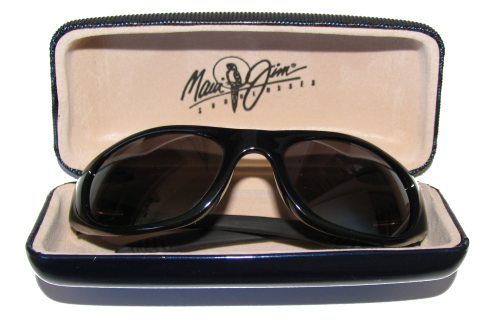
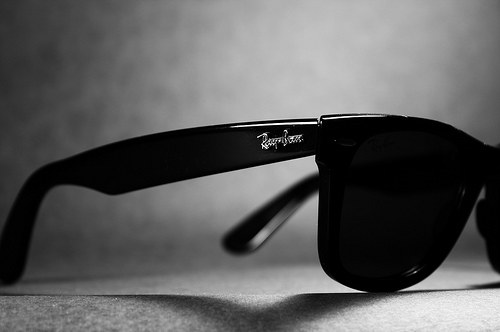
"Sunglasses At Night" by Corey Hart
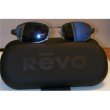
What We Have Learned And What We Need To Remember, When Purchasing A New Pair Of Sunglasses
It's not about the price! You do not have to pay a premium price for 100% UV protection in a pair of sunglasses. All you need to do is be able to read the label. Yes, more expensive sunglasses may offer more stylish frames, higher quality lenses, sharper images and less glare, but it is very easy to find inexpensive glasses that offer 100% UV protection. What is important is whether you've paid $5.00 or $400.00 is that you are aware that if the sticker says 100% UV protection... They better damn well have 100% UV protection. The easiest and cheapest way to find out is visit an eye doctor and ask them to test the UV coating. This is usually free.
The tint of the lens has nothing to do with the UV protection of the glasses. A clear lens with no tint and 100% UV protection is better for your eyes than dark, heavily tinted sunglasses without UV protection. In fact, dark lenses without adequate UV protection are actually worse for your eyes than not wearing glasses at all, because the dark tint causes your pupils to become dilated, thus exposing your eyes to more harmful UV light.
You don't need to have extra UV coating put on your lenses for extra protection. Once your glasses already have UV protection, they do not need to have added protection put on them. So save yourself some money if a salesman asks if you would like to purchase extra UV protection. It's a SCAM. Nothing like selling you useless things based out of fear and ignorance.
Photochromic lenses do block out UV rays as well as regular sunglasses. As long as they have 100% UV protection, photochromic (such as Transitions-brand lenses) lenses provide the same level of UV protection as regular sunglasses. It's just another sells ploy to get you to spend more money, but preying upon ignorance and fear.
Polarized, or anti-glare lenses are NOT all you need to protect your eyes from UV rays. You still MUST have 100% UV protection. Yes, most polarized, or anti-glare lenses do also offer adequate UV protection. As always, if you have any doubt, have your sunglasses checked by an optometrist.
Lens color has nothing to do with blocking UV rays. Just like lens tint, lens color has nothing to do with protecting your eyes from UV rays. So, feel free to keep on your "rose-colored" glasses, or your yellow colored driving glasses. Just be sure they have 100% UV protection.
The yellow- or amber-tinted so called, “Blue Blocker” lenses do NOT offer more protection than regular sunglasses. Some experts argue that the “Blue Blocker” lenses do block additional light waves. Research has not yet to proved this to be true. “Blue Blockers” are currently viewed by most experts as a personal preference choice.
Your children need sunglasses as much as adults. Children often spend even more time outside than most adults. So, why wouldn't a child need proper UV protection? Remember: It is less likely for cheap children's sunglasses to provide adequate UV protection. If you care about your child, have their sunglasses tested for proper UV protection.
Remember to wear your sunglasses even on a cloudy day. Any sun-worshipper can tell you UV rays are just as potent on a cloudy day. Please remember to always wear proper eye and skin protection.

